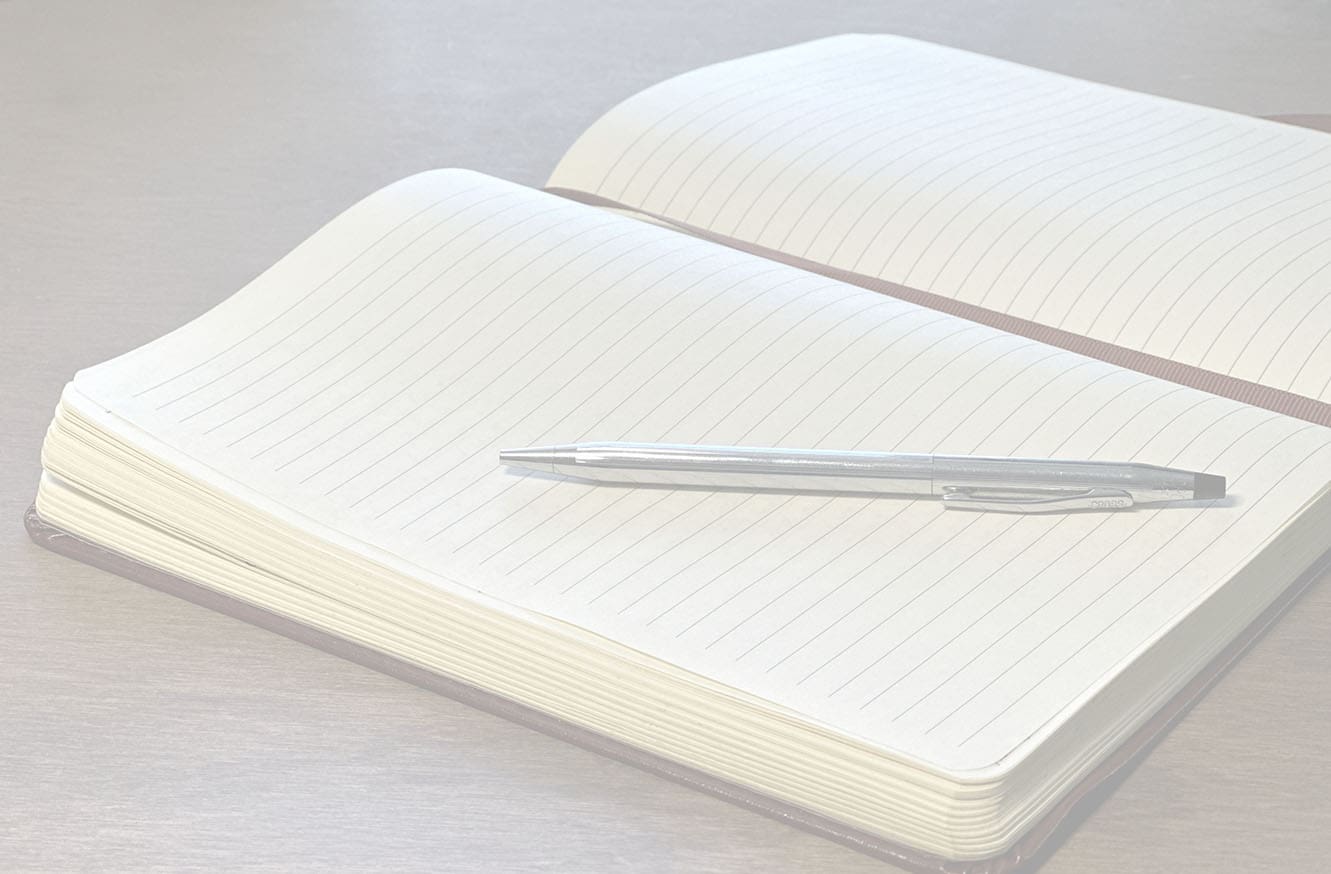Many feel journaling is for those people who are the creative or touchy-feeling type, but in reality, journaling can be an important part of your self-care routine. Especially during times of crisis or trauma. WebMD reports a study where those in medical conditions and anxiety who kept a journal for 12 weeks had improved feelings of well-being and less depression symptoms. There are many physical reasons to journaling, but today we will focus on a few mental health benefits.
Why we should Journal
Left unchecked, our emotions can rule our lives, especially when we face emotional or physical situations. Journaling allows us a safe place to explore our emotions, process our thoughts, and manage our feelings. Journaling can help us understand the “why” behind our emotions.
I’ve had many days where I just don’t feel like myself. Pausing to acknowledge the emotions, naming the emotions, and then thinking (or journaling) about why I feel that way can bring a sense of release and understanding. Does it make everything better? No, but just knowing what and why I feel gives me a sense of control and power. It can allow me to work out that feeling to bring in a better attitude. Having a journal gives you access to these positive benefits.
A Journal can Feel like a Friend
A safe place is having someone to talk to without judgment. A journal can be that safe space. The relief of putting down your fears, anger, hurt, or any range of negative emotions can truly lift the burdens you may be feeling. The act of journaling can free up our minds from the worries and fear and open up room for more hope, peace, love, and even joy. Knowing it’s a safe place to let it all out gives us the freedom to release all that’s swirling inside. This lowers our stress, anxiety, and even depression.
Journaling can be a Great Place to Explore
Considering “what ifs” can really help relieve fear and anxiety. Often anxiety is a circle going around in our mind of “what if” in the worst ways. “What if I flunk this test? What if then I flunk the class? What if then I flunk out of school? What if then I can’t get a job and I have to live in my car?” Journaling is a great tool for writing out those fears and replacing them with truths. “I’m doing well in this class, and I won’t flunk out. Just yesterday my professor used my paper as an example in class of what he was looking for. I can do this!”
Journaling Helps with Decision Making
Writing out the different scenarios with different endings can help visualize the possibilities and help you find your path. Exploring several paths, like you’re trying them on, can help you find what feels right. Write about the risks, the possibilities, the feelings. Add in prayers, hopes, dreams, even goals, and you can find peace in your choices. This doesn’t mean everything turns out the way you envision, but this can lead to guiding you in the right direction.
Journaling Helps Processing Crisis or Trauma
Processing trauma can be hard and often requires professional help. Be sure to seek help when you need it. Journaling can be an aid in the healing process. It can help you process the event(s), the feelings and pain, and can help to better understand it all. Enhancing our self-awareness helps us find ways to cope when struggling with difficult situations. It gives us the power to find a way to help ourselves, even when it feels like everything is out of control.
I do caution that if you are journaling some heavy stuff, things you are processing and it brings up heavy emotions, memories, anxiety, or stress, go slow in your journaling. Only journal those events a few days a week. For the rest of the week, focus on the positive. A Gratitude Journal is a great way to balance things out.
There’s no right or wrong way to journal.
Just the process of exploring journaling can bring in positive feelings, less stress, meaning and a small purpose to your day. Digital, paper, video, audio, drawing, or even crafting – find what works best for you in the moment. Don’t put rules to it. You don’t even have to worry about grammar or even sentences. Just write for the flow of getting your emotions and thoughts out. Who cares what it looks like. That is not the point. Use journaling as a healing tool. Play around with it until you find what feels right and then put that tool in use for whenever you need it.
And don’t forget to let us know how it goes!
References:
WebMD. (2024, February 25). Mental Health Benefits of Journaling [How Journaling Can Help Ease Anxiety and Encourage Healing]
HealthLine (2024, November 12). 6 Journaling Benefits and How to Start Right Now [6 Benefits of Journaling and 9 Tips for Getting Started]




